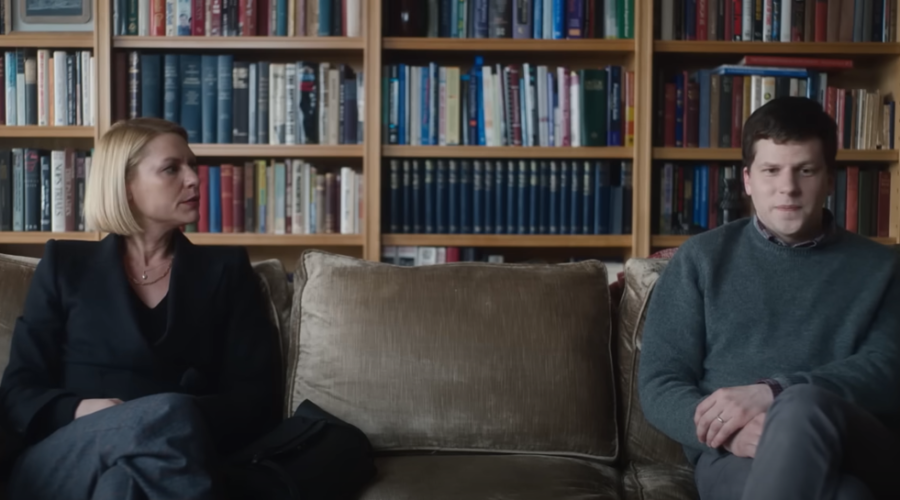I recently had my heart broken by the penultimate episode of the FX drama miniseries, Fleishman Is in Trouble. Most of the episode is devoted to an atlas of exposition presented in the form of an extended flashback complete with voiceover narration. By the end of it, the characters are almost in the exact same place they were at the beginning of the episode. The plot has not progressed. The scope of the world has not been broadened. But the characters, or rather our relationships with them, and their relationships with one another have deepened. It was the best episode of anything I’ve seen all year.
Now that I only have one episode of the series left I have gone into mild panic mode. I have been furiously searching for a new show to latch onto. I’ve read the descriptions of a million shows on a hundred different “best of 2022” lists but I haven’t found what I’m looking for. It’s not that none of the shows sound interesting; they almost all do and I have no doubt I’ll get to a majority of them eventually but none of them offer the specific thing that Fleishman does: a small premise.
Fleishman Is in Trouble is about a present-day New York couple going through a divorce. And that’s all there is to it. There isn’t a genre-bending twist. It’s not set in a time period as yet unexplored on mainstream television. The stakes aren’t life-and-death (not the physical kind anyway). And this smallness is part of the show’s appeal. It works because virtuoso storytelling craft is applied in service of exploring one of the most normal predicaments any of us could endure.
I don’t need to see characters that are exact representations of myself as an individual but I do enjoy watching characters that occupy a space that is unambiguously human. A lot of shows struggle to pull this off because they get lost in the woods that is their premise.
The modern television masterpieces all seem to deal with people who live on the extreme edges of society (violent criminals and/or the emotionally damaged police officers who chase them) or straight-up fantasy settings. To be clear this isn’t a criticism of The Sopranos, The Wire and Game of Thrones; all three of those shows represent the medium of scripted television at its very best. It’s just that they speak a very different language from the small-premised shows.
And while I am awe of the sheer flexibility of the writers’ imaginations in these prestige tentpoles, there’s an itch they just don’t scratch. Yes it can be compelling to watch these well-written characters have human reactions to extraordinary situations but I am never able to shake the feeing that I would get more nourishment out of spending more time with them in ordinary situations.
It seems like the vast majority of the small premises we get on television now are in sitcoms. In this genre we get shows structured around families, friends and work colleagues just hanging out. And though many sitcoms are full of moments of poignant insight into the human condition they are ultimately joke-delivery machines. By design, there is a limit to the level of ordinariness these shows can participate in. In terms of hour-long dramas, the only good recent examples I have seen are AMC’s Mad Men, Easy and Fleishman Is in Trouble. I realise that Mad Men is a period piece but if I were to pitch you a show about an advertising executive in the 60s you probably wouldn’t describe it as “high-concept”. (Some may choose to include Succession in this list and while I do believe it is a brilliant show, its focus on the one percent and the incisiveness of its satire heighten its premise in my opinion.)
I don’t think there’s a simple answer that explains why we do not get many serious adult dramas with small premises on television. There are obvious ones yes: high-concept premises are superficially more exciting and therefore easier to sell, a lot of people view television as escapism so the further away from real-life it veers the better, etc. But there is no simple way by which to explain why we seek excitement and escape in more foreign concepts. It is not so hard to imagine deriving pleasure or even validation from seeing emotions and behaviours within oneself mirrored in character’s on the screen. Perhaps I’m getting too heady but could it be that we find ourselves boring because we live with them everyday or maybe the realness is so ugly and upsetting to us that we cannot bear to watch it.
I have no clue. But I am certain that we need more television shows with small premises if we are ever going to see ourselves as we truly are, beautiful and ordinary and full of endless drama.

